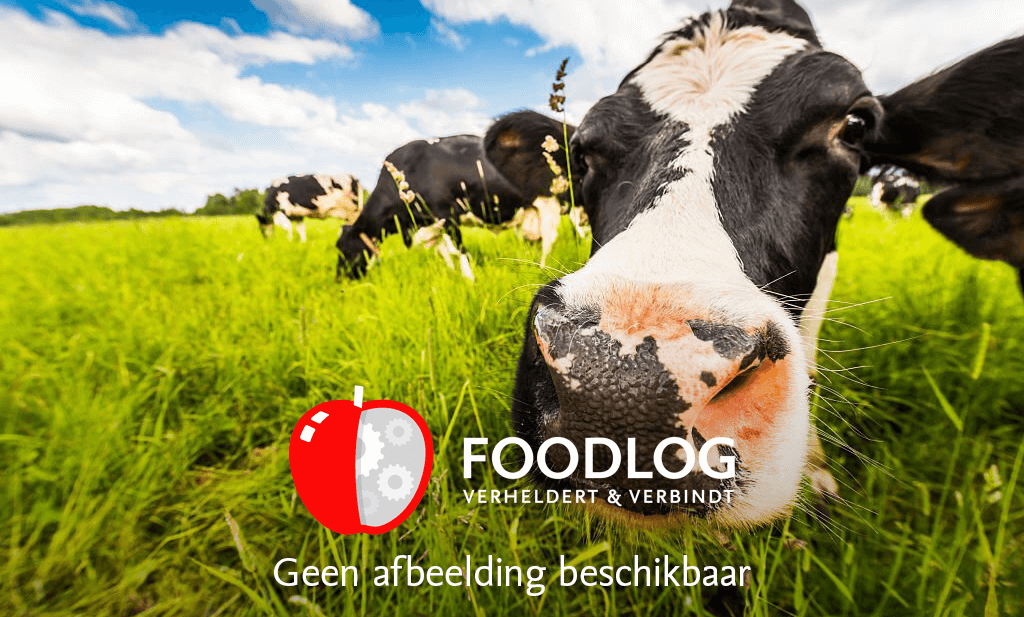In this week's Letter to My Farmers, Babatunde discusses the importance of knowledge transfer and growth in order to appropriately increase productivity.
Every year, we are being faced with the challenges of increasing our agricultural production capacity due to increasing population. Sadly, it has become more difficult due to the need for more cultivable land and that of housing to meet the deficit of the ever increasing population. Thus, it has become a main challenge to the growth of the agricultural sector. In many developing countries, this school of thought (of increasing cultivable land) has been largely adopted, which is a major obstacle in achieving food security.
More importantly, increasing the yield or output of crops and livestock becomes inevitable in meeting food requirements (in terms of quantity and quality). It is paramount that changing some specific practices that are ineffective and counterproductive to more effective practices is necessary to salvage the current production practices. Simply put, the use of local knowledge and other adapted knowledge in order to bring about new knowledge, in which the practices achieve better end results within a short period of time and at the same time go a long way to achieve the desired medium and long term objectives. Therefore, the willingness of farmers to adopt these more productive practices (which must be simple to understand and use, cost effective and culturally acceptable) should be a top priority of the extension agents, especially the private sector; to achieve this, the use of diversified teaching aids in passing down the new practices to the farmers must be employed to stimulate their interest, and we must develop the necessary infrastructure to support them at the different stages of adoption.
We must note that as we develop these new practices, understanding how the farmers, who are the users, perceive them and the outcome of these practices are very important to its sustainability. Simply put, we need to understand the needs of the users, incorporate them into the development in order to meet the needs of the farmers, and reduce adoption duration. Furthermore, we need to build a strong educational infrastructure to develop capacity for extension officers and also invest in R&D in the agricultural sector. The future is here with us and we must ensure that more healthy food is produced and available to us at all times, and at the right quantity.
Yours-in-Service,
Babatunde
More importantly, increasing the yield or output of crops and livestock becomes inevitable in meeting food requirements (in terms of quantity and quality). It is paramount that changing some specific practices that are ineffective and counterproductive to more effective practices is necessary to salvage the current production practices. Simply put, the use of local knowledge and other adapted knowledge in order to bring about new knowledge, in which the practices achieve better end results within a short period of time and at the same time go a long way to achieve the desired medium and long term objectives. Therefore, the willingness of farmers to adopt these more productive practices (which must be simple to understand and use, cost effective and culturally acceptable) should be a top priority of the extension agents, especially the private sector; to achieve this, the use of diversified teaching aids in passing down the new practices to the farmers must be employed to stimulate their interest, and we must develop the necessary infrastructure to support them at the different stages of adoption.
We must note that as we develop these new practices, understanding how the farmers, who are the users, perceive them and the outcome of these practices are very important to its sustainability. Simply put, we need to understand the needs of the users, incorporate them into the development in order to meet the needs of the farmers, and reduce adoption duration. Furthermore, we need to build a strong educational infrastructure to develop capacity for extension officers and also invest in R&D in the agricultural sector. The future is here with us and we must ensure that more healthy food is produced and available to us at all times, and at the right quantity.
Yours-in-Service,
Babatunde
Related




The main challenge is to destroy the neo-colonialism.. fom source till end user.
Sucking out the money of African people by our western capitalistic system 'as cheap as possible' at all levels. Forcing children to mine cobalt in Congo in hazardous circumstances.... for the billions of Musk with Tesla and 'investing' in his Space programs. Parents can't afford to send their kids to school.
No education/ development for the people possible in that ways. Ways 'we' promote, (mis)use.... that is 'our' system of earning as much of money without looking at the social and environmental consequences. Also here, in other ways.